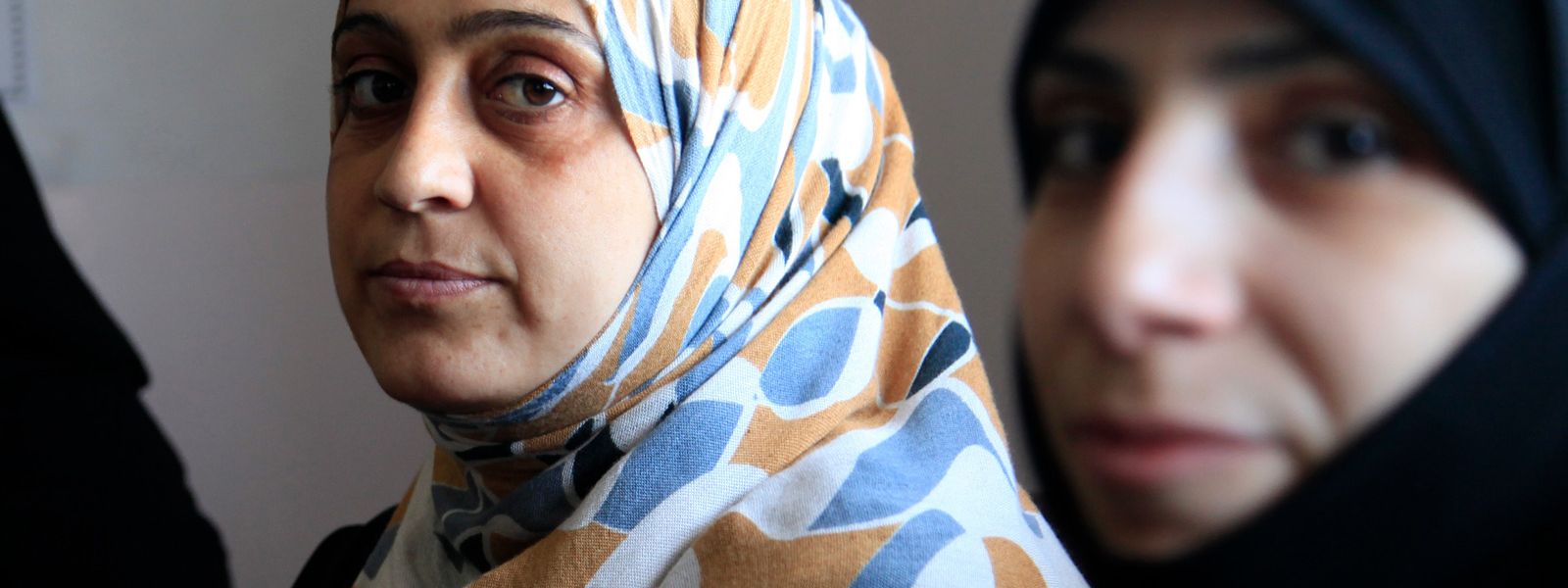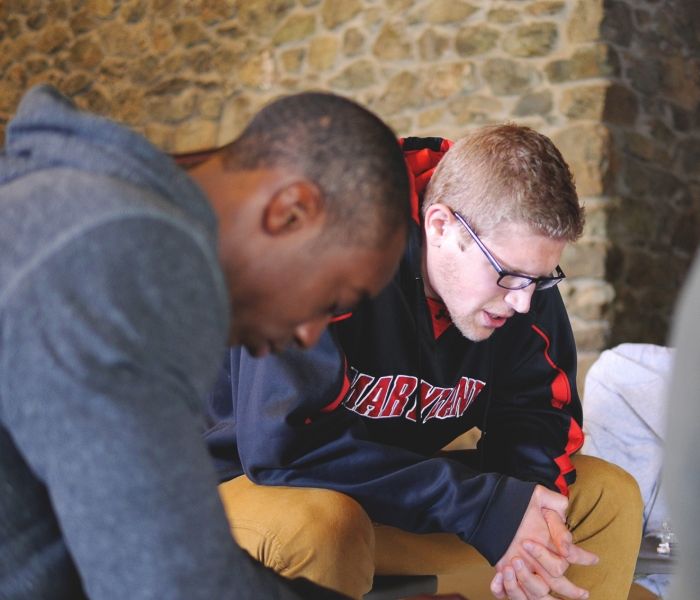Refugees face harsh experiences. Many have died crossing treacherous seas in search of land anywhere but their homeland. They flee in desperation, seeking protection. Their stories are rife with despair and anxiety. They are relieved to abandon the conflict at home, but every forward step is one of faith. Will people in a foreign land receive them?
In a small way, I can relate to their experience. My own family migrated to the United States, not because our lives were in danger, but to find a better life. No red carpets were laid out for us when we arrived at JFK, but signatures, government seals and stamps made it clear this was our new home. We weren't seeking to escape torture or persecution of any kind, but we were still strangers in a strange land.
This shared experience has led me to look into the Bible's teaching about refugees, foreigners, welcome, and hospitality.
Biblical Hospitality
The Jewish patriarch Abraham showed hospitable treatment to strangers. When travelers approached his tent, he called to them: "Sirs, please do not pass by my home without stopping; I am here to serve you. Let me bring some water for you to wash your feet; you can rest here beneath this tree. I will also bring a bit of food; it will give you strength to continue your journey. You have honored me by coming to my home, so let me serve you…" (Genesis 18:3-5). His servants satisfied their guests' hunger and thirst. The servants washed their feet of excess dust accumulated from desert travel, showing complete acceptance of the traveler. Little did Abraham know, he was hosting the Lord! His hospitality led to receiving the promise of descendants, Sarah would finally bear a son.
A few generations later, Abraham's descendants had to leave their home in Canaan because a famine swept the land. The Israelites were welcomed foreigners in Egypt until a new king came to power and enslaved them (Exodus 1:8). This dual experience—welcome and then mistreatment—served as the backdrop for a rich ethic of hospitality. After they were delivered from slavery, God told them: "Do not mistreat foreigners who are living in your land. Treat them as you would an Israelite, and love them as you love yourselves. Remember that you were once foreigners in the land of Egypt" (Leviticus 19:33-34).
Love for the outsider meant more than mere tolerance. It was active support. Moses told Israel: "[God] makes sure that orphans and widows are treated fairly; he loves the foreigners who live with our people, and gives them food and clothes" (Deuteronomy 10:18).
Who is Your Neighbor?
These Old Testament teachings were cited and developed by Jesus, who named "Love your neighbor as you love yourself'" as the "second most important commandment," second only to loving God (Mark 12:31a).
But who is our "neighbor"? Detail-oriented experts in Jesus' day were quick to ask that question. Jesus responded with the parable of the Good Samaritan, which upended expectations, challenged categories. In this story it is the outsider—the despised Samaritan—who acts neighborly. Clearly, our neighbor is anyone who is in need of our kindness, regardless of ethnicity or status.
In Matthew 25:31-46, the King comes to pronounce final judgment. Only the merciful are considered righteous and worthy to "possess the kingdom" prepared for them. When the righteous ask, "When did we ever see you a stranger and welcome you in our homes, or naked and clothe you?" (v. 38), the King replies: "I tell you, whenever you did this for one of the least important of these followers of mine, you did it for me!" (v. 40).
Christian hospitality requires that we invite even our enemies to eat at our tables (Matthew 5:43; Romans 12:18-21). Love demands that we see the need of others and do something about it. "If we say we love God, but hate others, we are liars. For we cannot love God, whom we have not seen, if we do not love others, whom we have seen. The command that Christ has given us is this: whoever loves God must love others also" (1 John 4:20-21).
Jesus the Refugee
Let's not forget that Jesus himself was a refugee—taken to Egypt as a child to escape the slaughter of Jewish babies in Bethlehem, commanded by King Herod. The murderous actions of that tyrant mirror the situation faced by many refugees since.
Many people share my story, but not too many understand the refugees' story. We can let love guide us. Let God's Word show us how to love the stranger, the foreigner, our neighbor.
Want to learn more about biblical hospitality?
Read more posts about: Community, Arts and Culture, Current
Photo credit: “Women refugees from Syria at a clinic in Jordan” by DFID - UK Department for International Development is licensed under CC BY 2.0
Thanks to the support of our faithful financial partners, American Bible Society has been engaging people with the life-changing message of God’s Word for more than 200 years.
Help us share God's Word where
needed most.
Sign up to receive Bible-reading tips, tools and resources.




